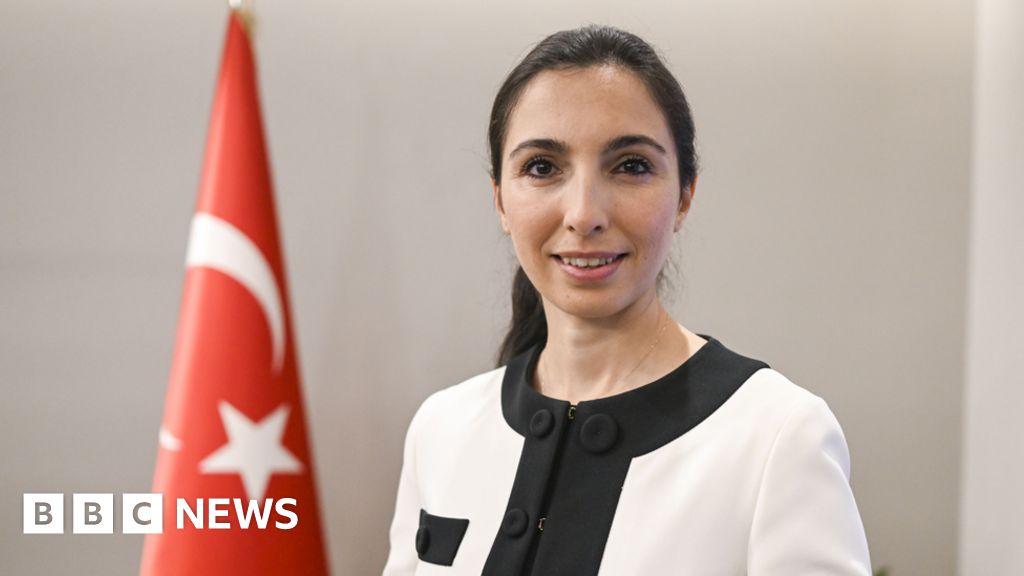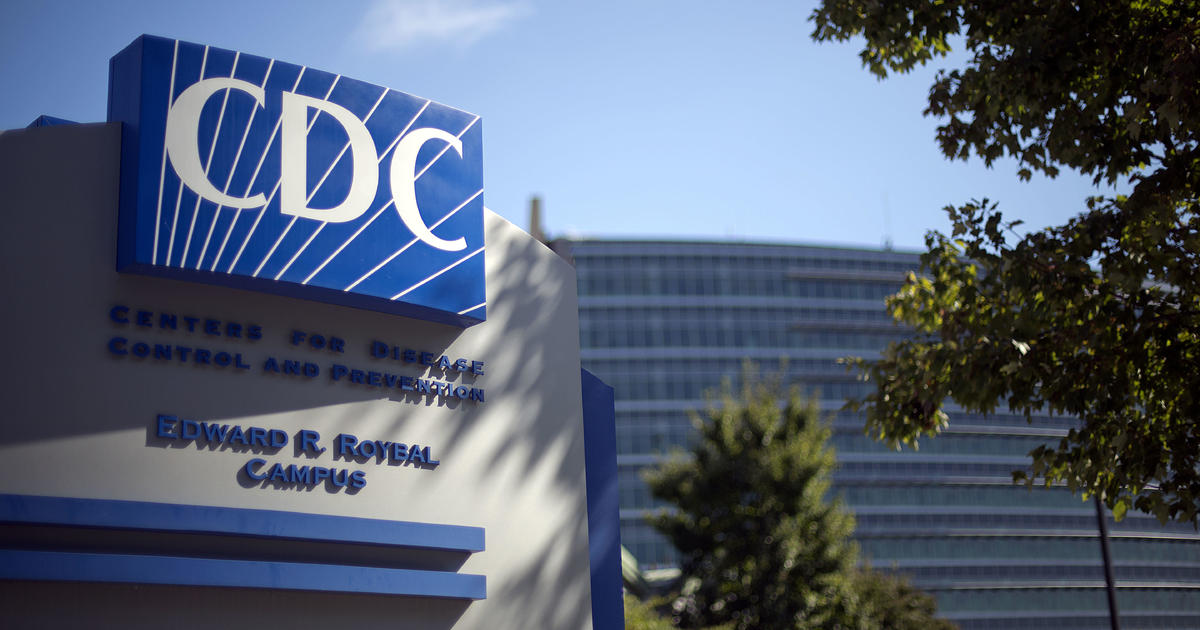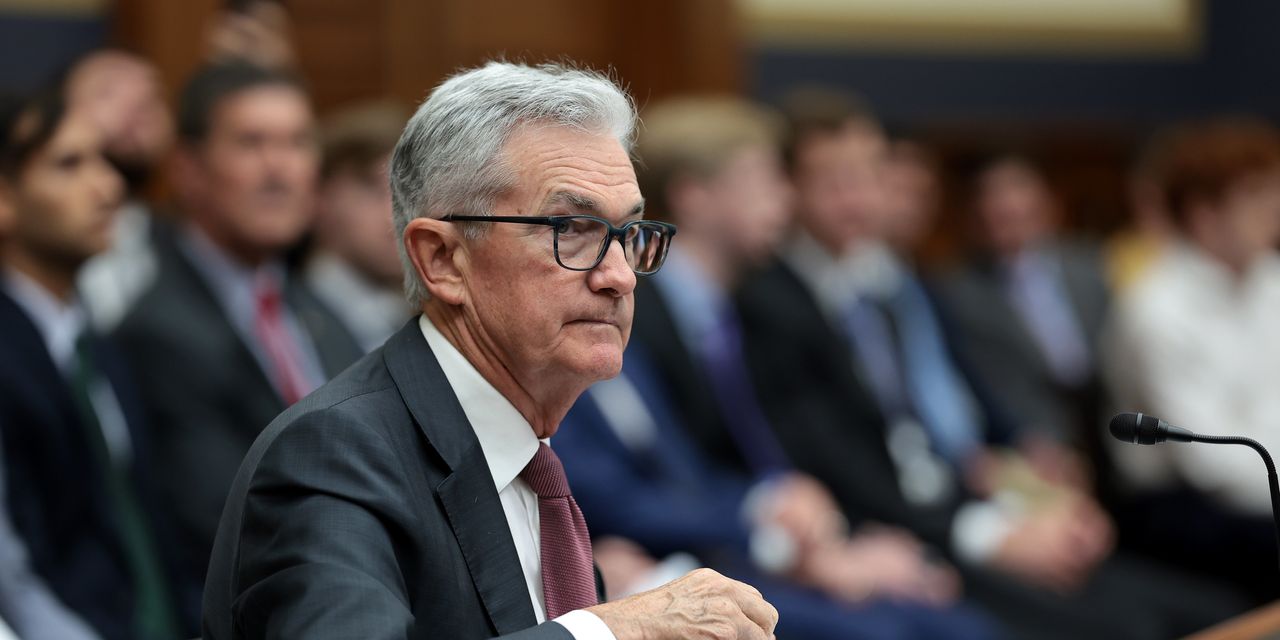Turkey to raise interest rates by 15% after Erdogan U-turn – BBC News

image source, Emin Sansar/Anadolu Agency via Getty Images
The decision to raise rates was made by new central bank governor Hafidze Gaye Ercan, who was appointed this month.
Turkey raised its key interest rate from 8.5% to 15%, reversing one of President Recep Tayyip Erdogan’s unorthodox economic policies.
The 6.5-point rise was much lower than economists had expected, but his new economics team made major changes to policy to tackle rampant inflation.
Turkey’s leader has so far insisted on lowering interest rates.
Inflation is almost 40% and Turks are in a cost of living crisis.
Turkey’s central bank governor Hafize Gaye Ercan, 44, was recruited from the United States after President Erdogan’s re-election this month.
Her decision marked the first rate hike since December 2020. We are passing a turbulent period in which three central bank governors were fired within two years because they tried to stick to orthodox economics.
The hike nearly doubled Turkey’s key rate to 15%, but far less than many economists had predicted. US-based investment bank Morgan Stanley has suggested rising to 20%, and Goldman Sachs has said it could rise to 40%.
The bank’s Monetary Policy Committee made clear in a statement that Thursday’s move was the start of a gradual process aimed at reducing inflation to 5%.
The problem for Erdogan is that Turkey’s inflation rate is stubbornly high and central bank reserves have fallen to very low levels after spending billions of dollars to keep the lira afloat.
Rates have fallen to 8.5% in recent months from 19% two years ago, and this change in direction will affect a country already in trouble.
“It’s a dangerous but difficult circle to define,” said Ozge Zihnioglu, a senior political lecturer at the University of Liverpool. “He has to do something for the economy, but a clear shift towards orthodox economic policies will affect many parts of society and he doesn’t want to affect local elections. [next year].”
Turkey’s economy grew dramatically in the early years of President Erdogan’s leadership. In recent years, however, he has blamed high borrowing costs for high inflation and discarded conventional economic wisdom in favor of stimulating economic growth.
Over the past five years, Turkey’s currency has lost more than 80% of its value and foreign investment has plummeted. Turks are now trying to get foreign currency out of local banks.
Kadir Has University’s Mehmet Kerem Coban said Turkey’s thawed-reservoir economic model needs capital to survive.
President Erdogan has been in power in Turkey for more than 20 years. He defeated his opposition rival last month in an election that international observers said suffered from an “unequal playing field” that gave the sitting president an undue advantage.
During his campaign, he maintained the mantra of ensuring that interest rates would remain low while in power, ensuring no change in economic policy. The opposition has promised to return his focus on low interest rates.
But within days of his re-election, he signaled change.
First, he appointed former banker and economist Mehmet Simsek as finance minister. Although a former member of Erdogan’s government, Simcek has made it clear that Turkey’s only economic option is to return to “reasonable grounds” and “compliance with international norms”.
Next, he appointed Hafize Gaye Erkan as the first female governor of a central bank. A well-known figure on Wall Street, she had never held a role in Turkey before and was the chief executive of the US bank First Republic before its collapse.
Prime Minister Erdogan said last week that his stance on interest rates had not changed, but “we have accepted it. [Mr Simsek] We need to take the necessary steps quickly and easily together with the central bank.”
Emerging markets expert Timothy Ash warned ahead of the decision that Ercan “always risks catching up to the market and waiting in the presidential waiting room to demand rates” unless Ercan “raises rates from the start”. hiking”.
Conotoxia fintech analyst Bartosz Sawicki said that in the short term, Turkish households will suffer from sharp increases in loan installments and more conservative fiscal policies, but “there is no other way to extinguish the inflation fires in two to three years”. “.
#Turkey #raise #interest #rates #Erdogan #Uturn #BBC #News





